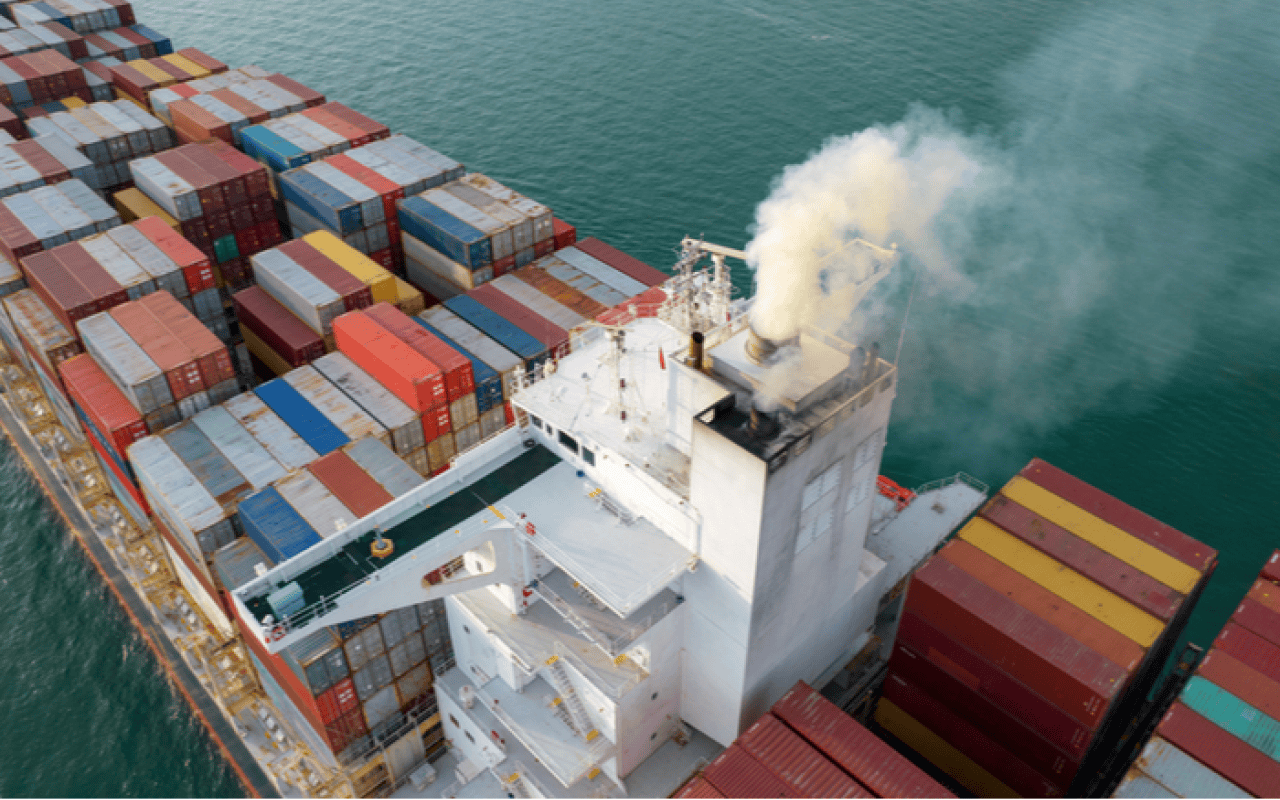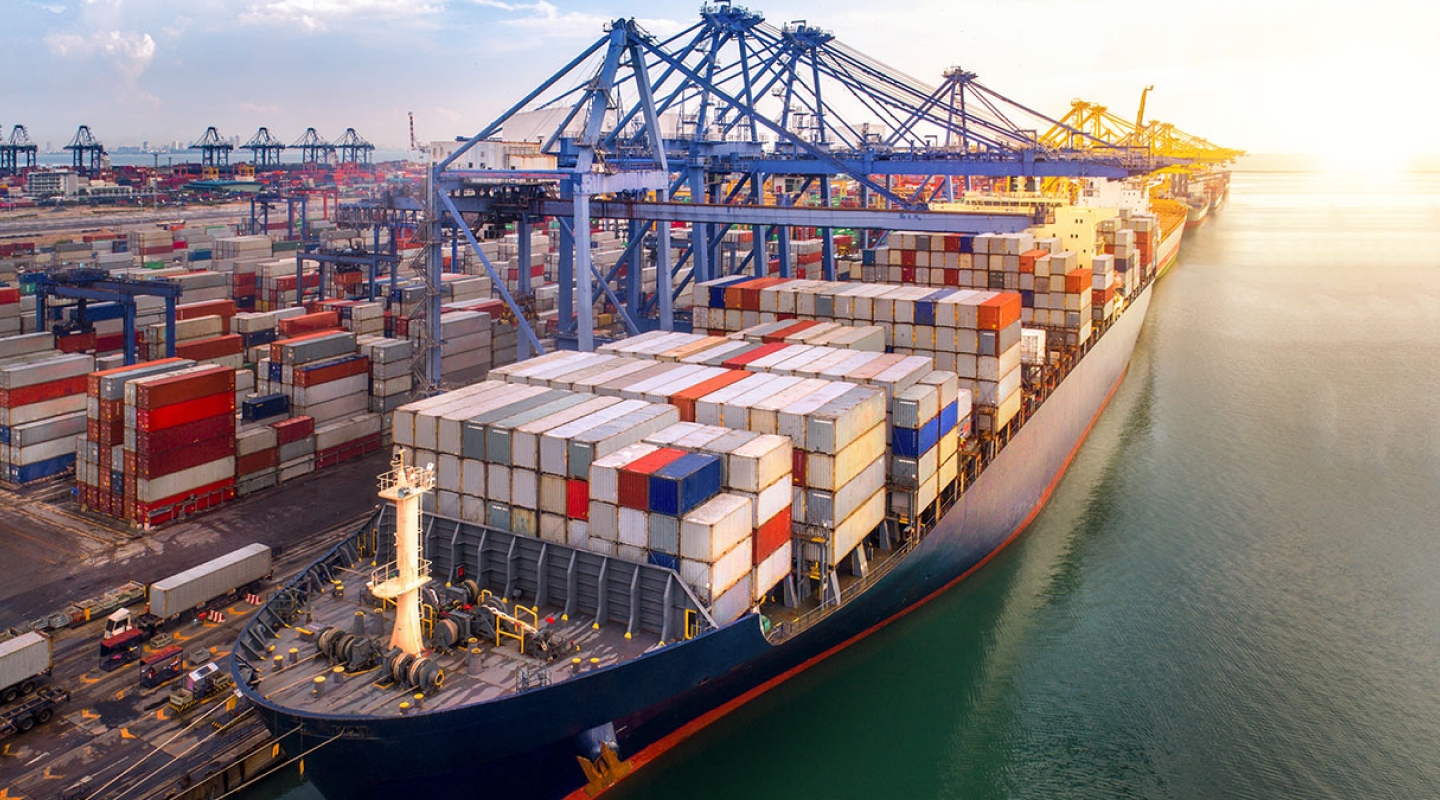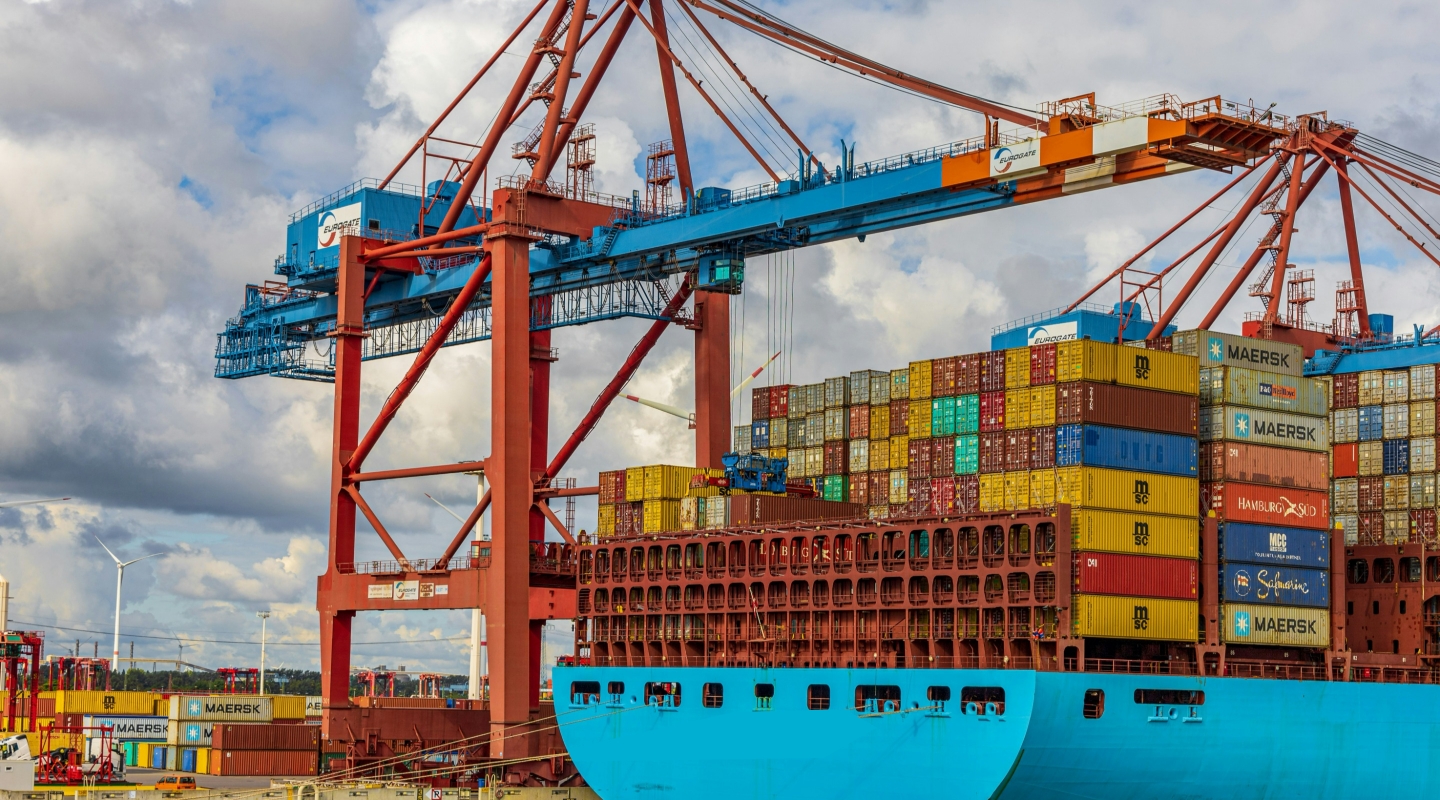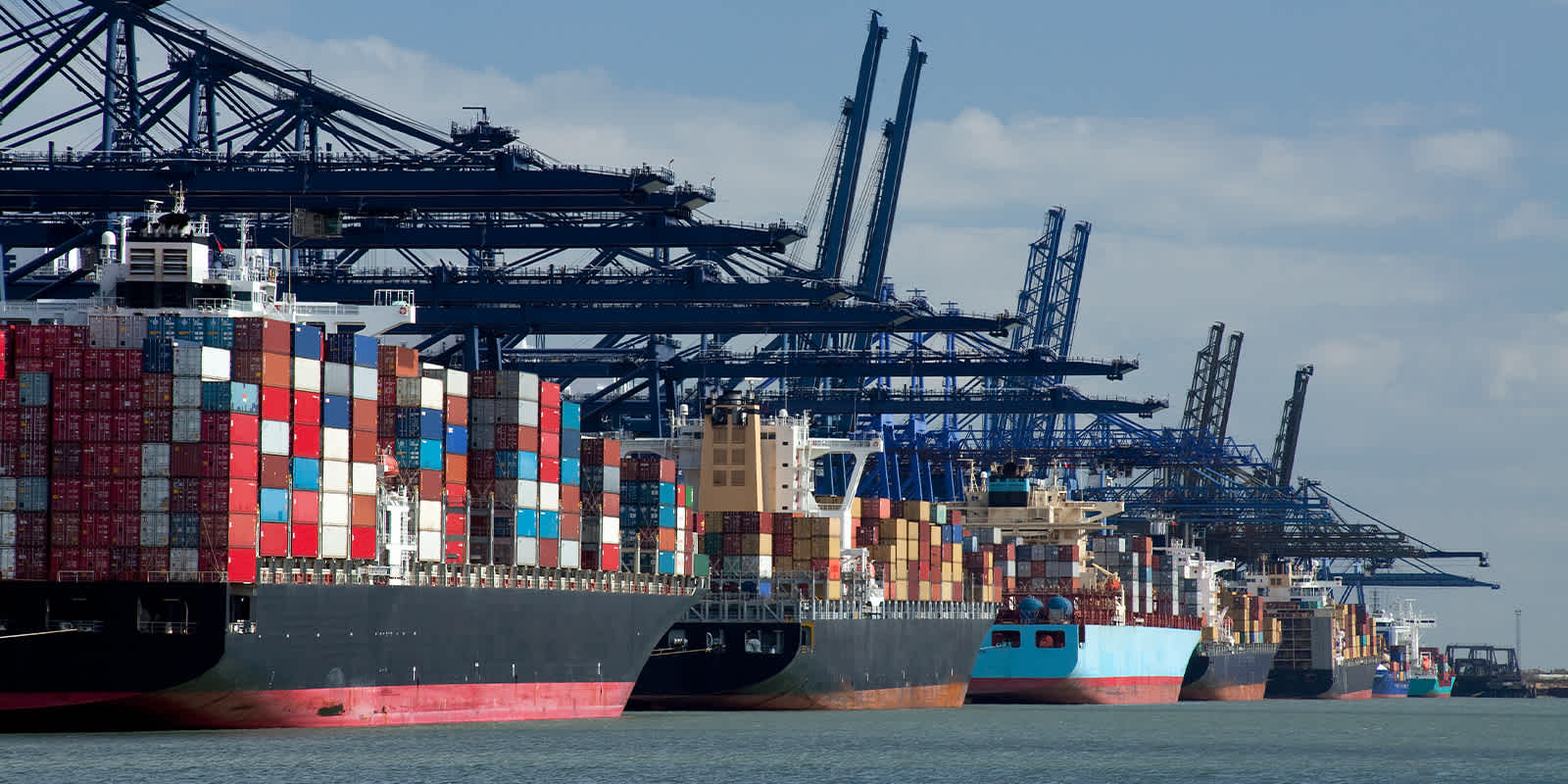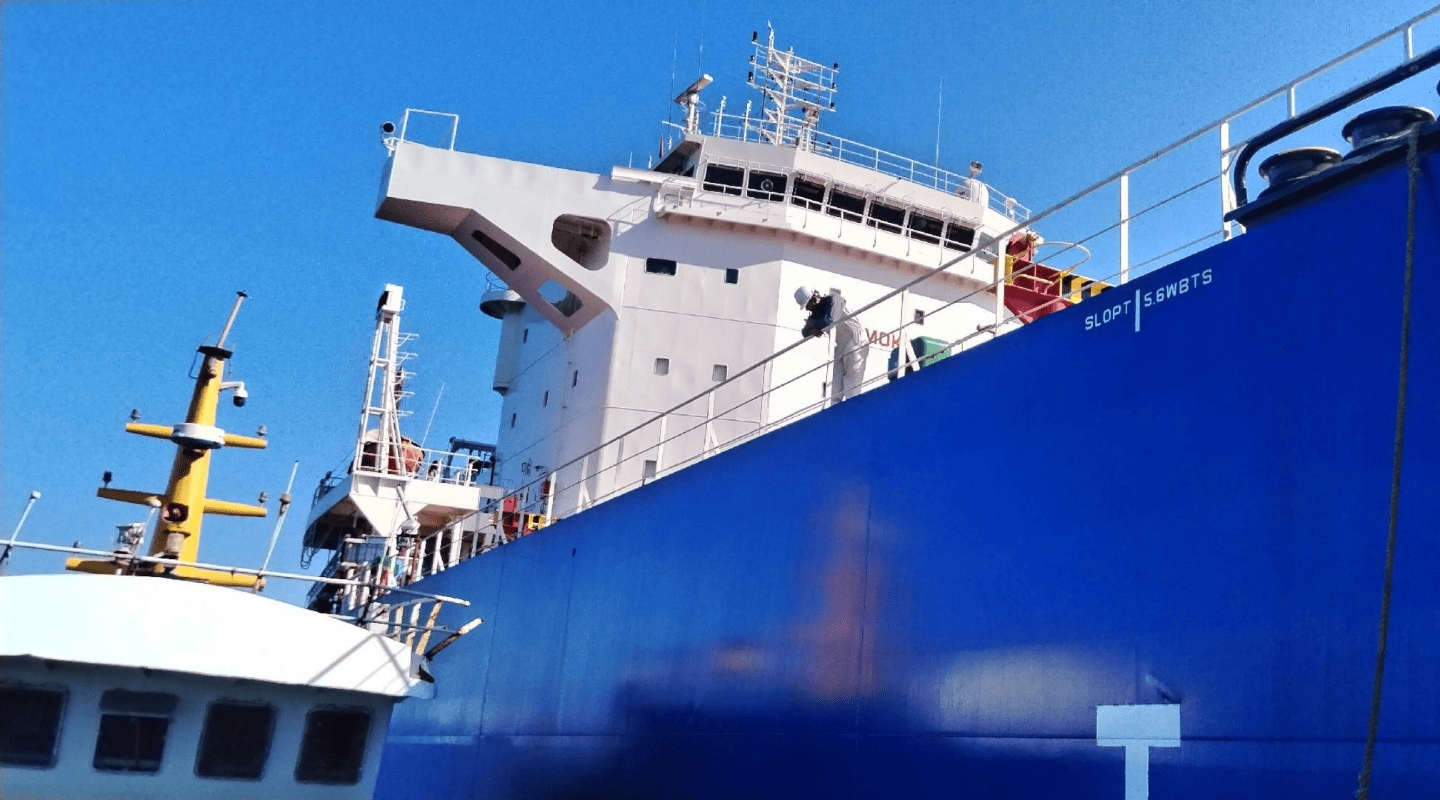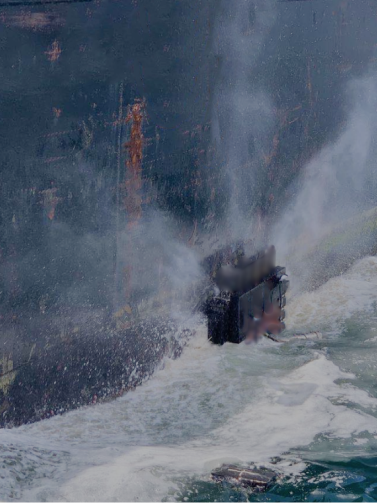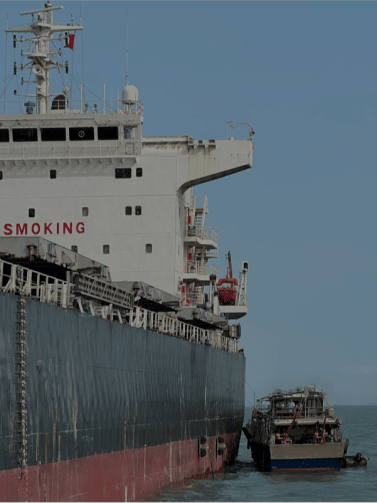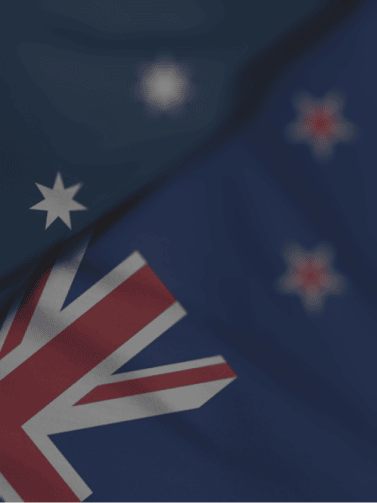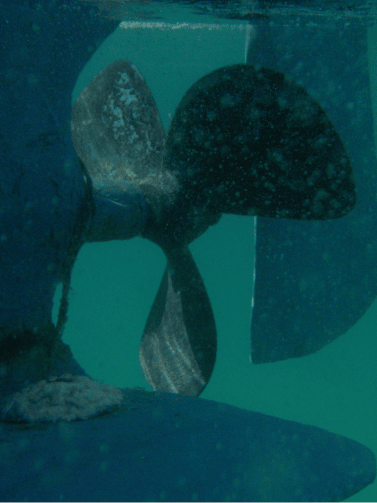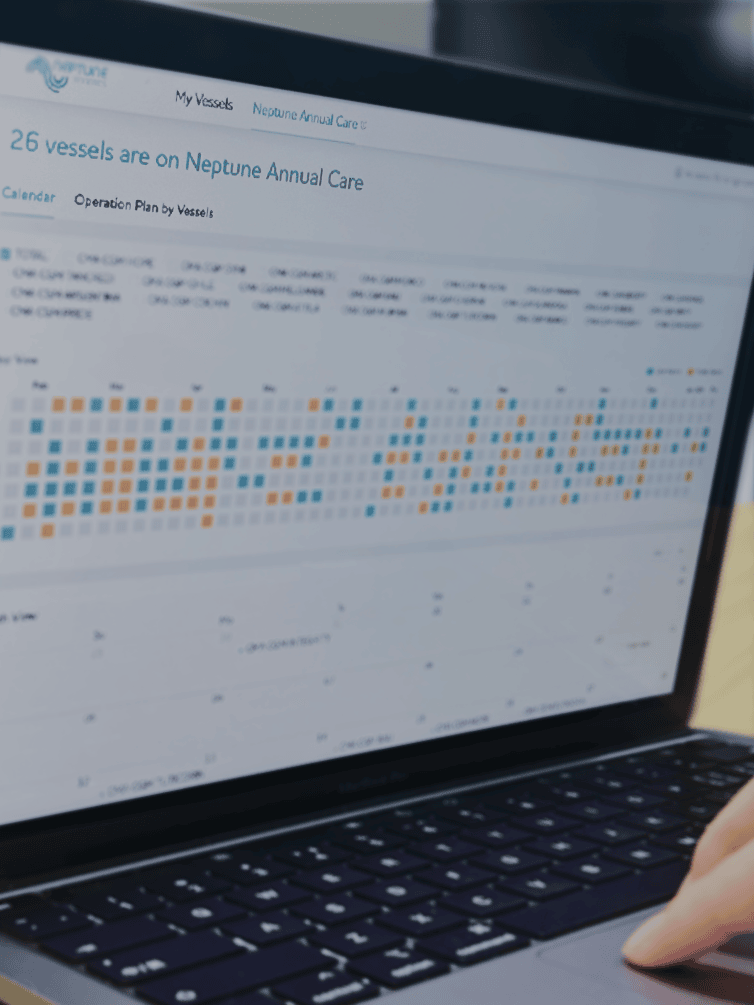The shipping price has been continuously plummeting due to the impact of global inflation and supply-demand correction in the second half of the year. In the wave of delivery in the next two years, more than 5 million TEU of capacity will be put into operation.
As the mismatch caused by the exacerbation of the pandemic fades, the shipping companies have exhausted the benefits of sitting in the seller’s market, and the market is becoming “full of crisis”.
01-Demand is sluggish, shipping prices are falling, but the number of ship orders is still rising!
In recent months, overseas docks have resumed work, the shortage of labor has been alleviated, and the capacity that was blocked due to congestion has been released. The global logistics supply chain and ship turnover rate are gradually recovering, and the shortage of ships, containers, and containers is no longer prosperous.
This led to a rapid decline in shipping prices in the second half of the year, even returning to the level before the pandemic. The phenomenon of freight companies “sudden crash” and the inverted relationship between contract price and market price frequently occur. Combined with the weakness of consumption in Western economies, demand is sluggish. As the traditional boom season for shipping, Q3 this year has once appeared “order drought”.
What’s more concerning is that the ship companies’ one-after-another shipbuilding competition is still ongoing. Last year’s money-making ship companies took advantage of the residual heat and built ships in large numbers.
02-EEXI and CII regulations
Will they be the “savior”?
IMO is implementing the EEXI and CII regulations starting in 2023 to achieve the mandatory goal of reducing the carbon intensity of the global shipping industry by 40% compared to 2008 by 2030. This means that ships with low energy efficiency need to reduce fuel consumption by slowing down their speed, and many old and heavily polluted ships will be scrapped.
Therefore, this new regulation is also seen as the “savior” to absorb excess capacity and balance the market demand.
However, many professional shipping organizations do not agree. Drewry and Alphaliner believe that the new IMO regulations will have little impact on digesting the new capacity in the next two years.
Because EEXI is calculated based on the design speed of the ship, slowing down the ship is already a common practice in the industry. After the implementation of the new regulation, the speed of the world fleet will not change much. Otherwise, the speed would decrease to a certain extent, causing more serious air pollution.
If slowing down doesn’t work, what about scrapping ships? Alphaliner stated that given the average age of the global container fleet (slightly lower than 14 years), the number of ships that can be scrapped will not be enough to alleviate the pressure of excess capacity.
And the adjustment of capacity takes at least 2 to 3 years, so shipping companies can hardly stand idly by.
03-The most important thing:Tighten your pockets and control costs!
In such market environment, controlling operating costs has become the most important thing, especially the first major expense of shipping – fuel consumption. According to statistics from the Norske Veritas, fuel costs have accounted for 78% and 65% of the per-voyage costs of container ships and bulk carriers, respectively.
Shipping companies have to find ways to reduce fuel consumption and control costs before the storm comes. In 2019, to cope with the sharp increase in costs due to the low sulfur oil price, Shipping Company HPL cleaned 33 of its ships to remove biofouling and dirt attached to the hull, reducing navigation resistance and saving about 9% of fuel consumption. Therefore, reducing energy consumption and emissions by cleaning the hull has become an increasingly important focus for more and more shipping companies.
Studies have shown that under full load conditions, underwater cleaning of ships can save 10.1% of fuel. With the development of technology, ship owners and charterers are more willing to choose underwater robot cleaning services. Without the need for dry docks on ships, underwater operations can be performed while the ship is anchored or berthing.
Studies have shown that under full load conditions, underwater cleaning of ships can save 10.1% of fuel. With the development of technology, ship owners and charterers are more willing to choose underwater robot cleaning services. Without the need for dry docks on ships, underwater operations can be performed while the ship is anchored or berthing.
Neptune provides underwater robot inspection and cleaning services, which are not limited by factors such as time, waves, weather, and underwater visibility. Operations can be carried out simultaneously with loading and unloading of ships, efficiently removing attached biofouling and dirt layers without damaging the paint. The operation covers ports and anchorages in the North, East and South China regions, including Ningbo Zhoushan in the Yangtze River estuary.
Currently, Neptune has served hundreds of large ships, saving millions of dollars in fuel costs every year for ship operators, including the world’s top 5 shipowner companies, and has been highly recognized by customers.
